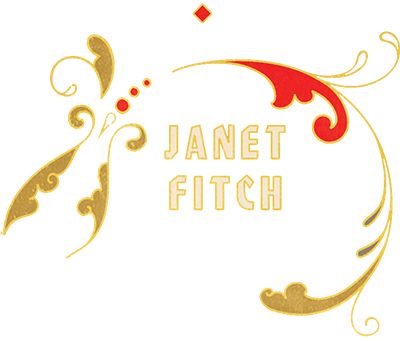THE REVOLUTION OF MARINA M.
For Book Groups
Discussion questions for book groups will be posted here as soon as they become available. In the meantime, here are some answers to questions American readers of Russian literature frequently ask. If you have other questions you'd like me to answer here, please send them in the Contacts section. If you have a book group and would like me to Skype in with you, contact me via the Contacts page.
Names
1. Why do Russians have three names?
Simple — because in the old days, you were referred to as your father’s son or daughter. Last names came later.
So Marina Dmitrievna Makarova, is Marina, Dmitry’s daughter (evna or ovna for women, ovitch or evitch for men), Makarov. (If you’re a woman you end your last name with an a.)
It’s a matter of respect for an older person to use the first and middle name, called a patronymic -- literally 'father-name.'-- the same way we would call an older person Mrs. Smith instead of Deborah or god forbid, Debby.
Only older people who command respect are called by first and patronymic. It’s a clue as to the relationship that person has to the speaker. Thus, when Marina’s school friend Varvara calls Marina’s dignified father Mitya (diminutive for Dmitry) instead of Dmitry Ivanovitch, we know the fat’s in the fire.
When someone calls a young person by first and patronymic, it’s often a parent speaking sternly, or a young man flirting with a young woman, a touch of mockery.
If someone's referred to by patronymic alone, that’s a slight to-not-so-slight put-down.
2. Why do russians have so many nicknames?
The Russians love nicknames — called diminutives, meaning “making little”. These nicknames aren’t the name-calling type (Squinty, Shorty etc.). It’s the John, Johnny, Jojo variety.
Each name’s got a standard nickname or two—Ivan becomes Vanya, Nicholas becomes Kolya, Sergei becomes Seryozha, Alexander becomes Sasha.
Then there’s rougher nickname, with a slight rascally edge — Vanka. That Ka… What boys will call other boys, watch for that.
And the enkas and ushkas, that’s babytalk — affectionate, in-the-family stuff. Marina’s old nanny is the only one who calls her Marinoushka. It’s funny that the more affectionate the diminutive becomes, the longer get gets. Seryozhenka gets the same treatment.
DATES
Why is it called the "February Revolution" when it started in March, and "October" when it happened in November?
Blame the flukes of history.
Russia’s calendar was always the Julian calendar, established by Julius Caesar, at the beginning of the Roman Empire.
In 1582, the West replaced it with the more accurate Gregorian calendar. But the Russian Orthodox Church, the dominant influence in Russian culture, stuck to its traditions. It was only in 1918 that the Bolsheviks brought Russia up two weeks and into line with the rest of the world.
So the October Revolution began on October 25 Old Style, The February Revolution on Feb. 23 Old Style.

